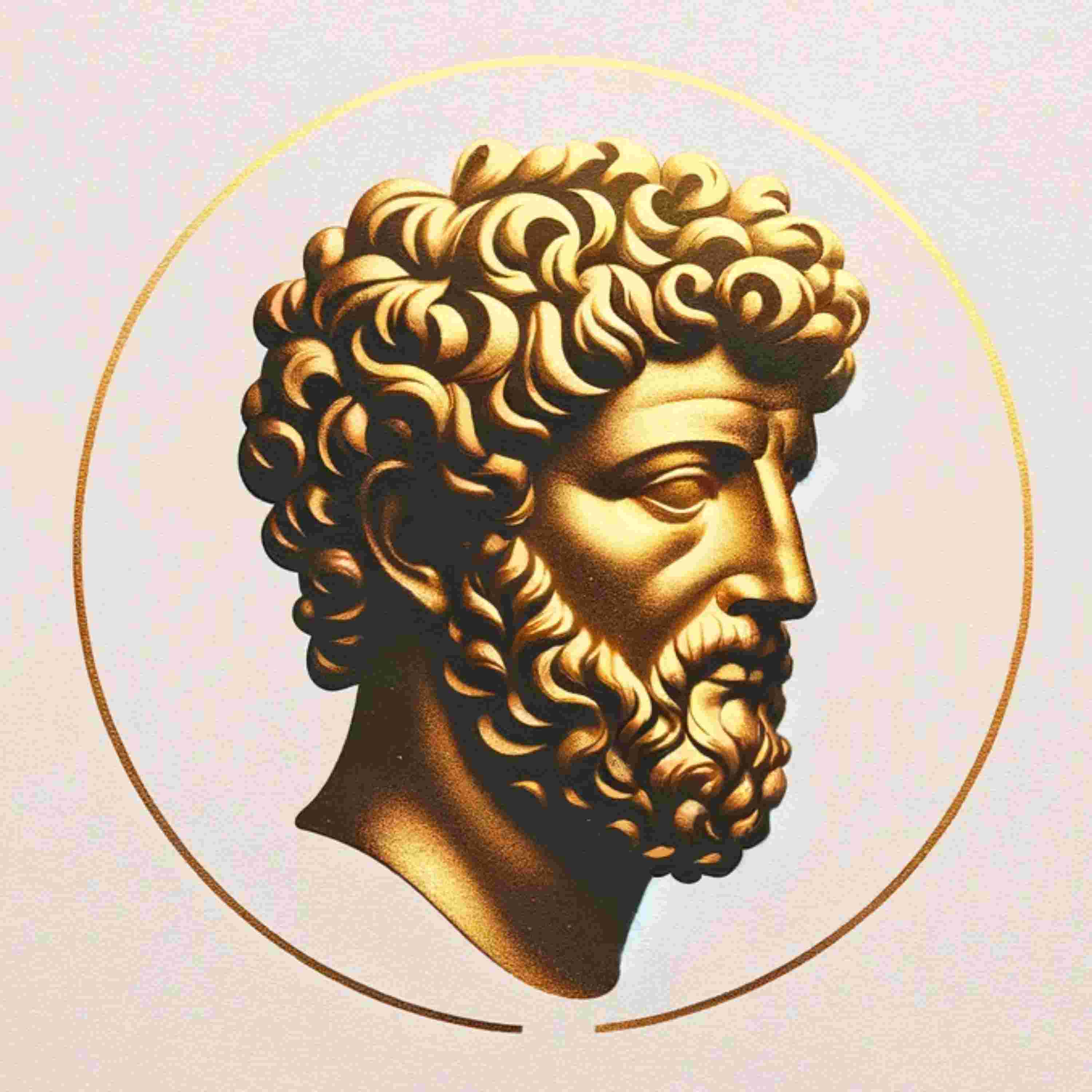

Aristotle links his ethics to politics, arguing that just as virtue is found in the middle, so too is stability in the city.The middle class, the “middling element,” becomes the true stabilizer, citizens who know both how to rule and how to be ruled. From there, Aristotle maps how regimes endure or fall, how incentives like fines and pay shape participation, and how military power cavalry or infantry reshapes constitutions.Finally, he lays out a three-part system of deliberation, offices, and courts, a design that looks strikingly like an early form of checks and balances.
Source of discussion in the video: Aristotle’s Politics, Book IV, Chapters 11–16.